

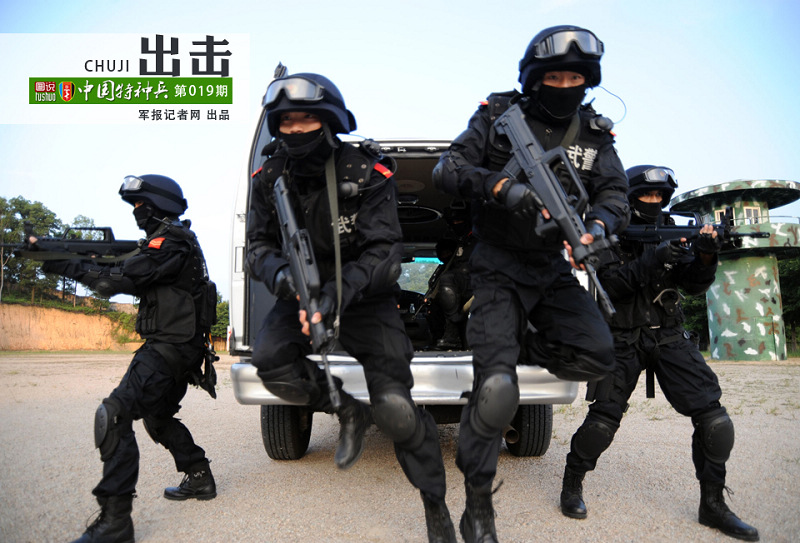
In Photo: Chinese People's Armed Police Force in drill
The West and Russia heightened their fight against the Islamic State (IS) after the Paris attacks. Meanwhile, a Chinese hostage was killed by the IS and three Chinese employees died in the terror attack in Mali. In this circumstance, it has been often raised both domestically and globally as to whether China will join other countries in combating the IS head-on.
China's foreign ministry shunned a straightforward answer to the question, which is taken by many as also signifying China's attitude.
It will be a significantly major policy decision if China sends troops to the Middle East or conducts precision attacks far away. Despite the West's high expectations for China's participation, the Chinese government will be extremely prudent in making such a decision.
The West wants to take in China to jointly combat the IS since it remains the dominator in this respect. This can help China shape a positive image in international opinion and open up a new platform for China and the West over political communication and cooperation. But this may lead to a series of risks for China to bear, which can evolve into costs in reality. China has not been fully prepared for military operations. Not having engaged in battles for many years, China may find it hard to obtain full public support if its troops fight in the far away Middle East and more uncertainties will arise.
So far the West has not recognized China as a victim of terrorism. Lately, Western opinion still does not accept the terrorist incidents in the Xinjiang Uyghur Autonomous Region for what they are. If China steps in to combat the IS, this may prompt its domestic terrorists to join international groups. In this case, if the West messes it up, China will have to grapple with the complex situation alone. China has to be aware that the anti-terrorism movement tends to be motivated by the interests of some participant countries.
A competent anti-terror alliance needs to be formed within the UN framework. The UN should explicitly define terrorism and make a coordinated anti-terrorism plan.
After the Paris attacks, China and Russia voted against a resolution by the UN on Syria, which would make the Syrian government the primary target. Yet they voted for a recent UN Security Council resolution that admitted the legitimacy of combating the IS. The incoherence indicates the complexity of the situation in the Middle East and China need not get involved actively.
China has to proactively participate in international anti-terrorism operations, but meanwhile, it has to make contributions based on its capacity.
Day|Week

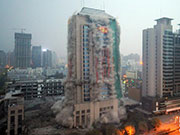 118-meter-high Never-used Building in NW. China Demolished
118-meter-high Never-used Building in NW. China Demolished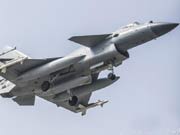 J-10B fighters with homegrown engine in test flight
J-10B fighters with homegrown engine in test flight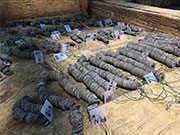 10 tons of copper coins unearthed in 2,000 years old ancient tomb
10 tons of copper coins unearthed in 2,000 years old ancient tomb Beautiful graduate from police college becomes Internet hit
Beautiful graduate from police college becomes Internet hit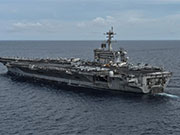 Photos of U.S. Navy intruding in South China Sea released
Photos of U.S. Navy intruding in South China Sea released What is inside China's icebreaker ‘Xuelong’?
What is inside China's icebreaker ‘Xuelong’?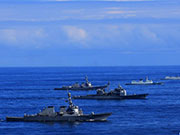 Chinese, U.S. navies hold first-ever joint exercise in the Atlantic
Chinese, U.S. navies hold first-ever joint exercise in the Atlantic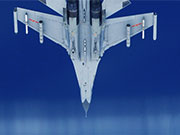 In pics: skies of glory
In pics: skies of glory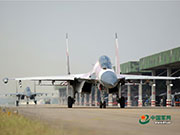 J-10, J-11, Sukhoi Su-30 fighters vs. HQ-9 anti-aircraft missile system
J-10, J-11, Sukhoi Su-30 fighters vs. HQ-9 anti-aircraft missile system Russian plane crash victims sucked out of seats as 'external impact' blew jet apart
Russian plane crash victims sucked out of seats as 'external impact' blew jet apart